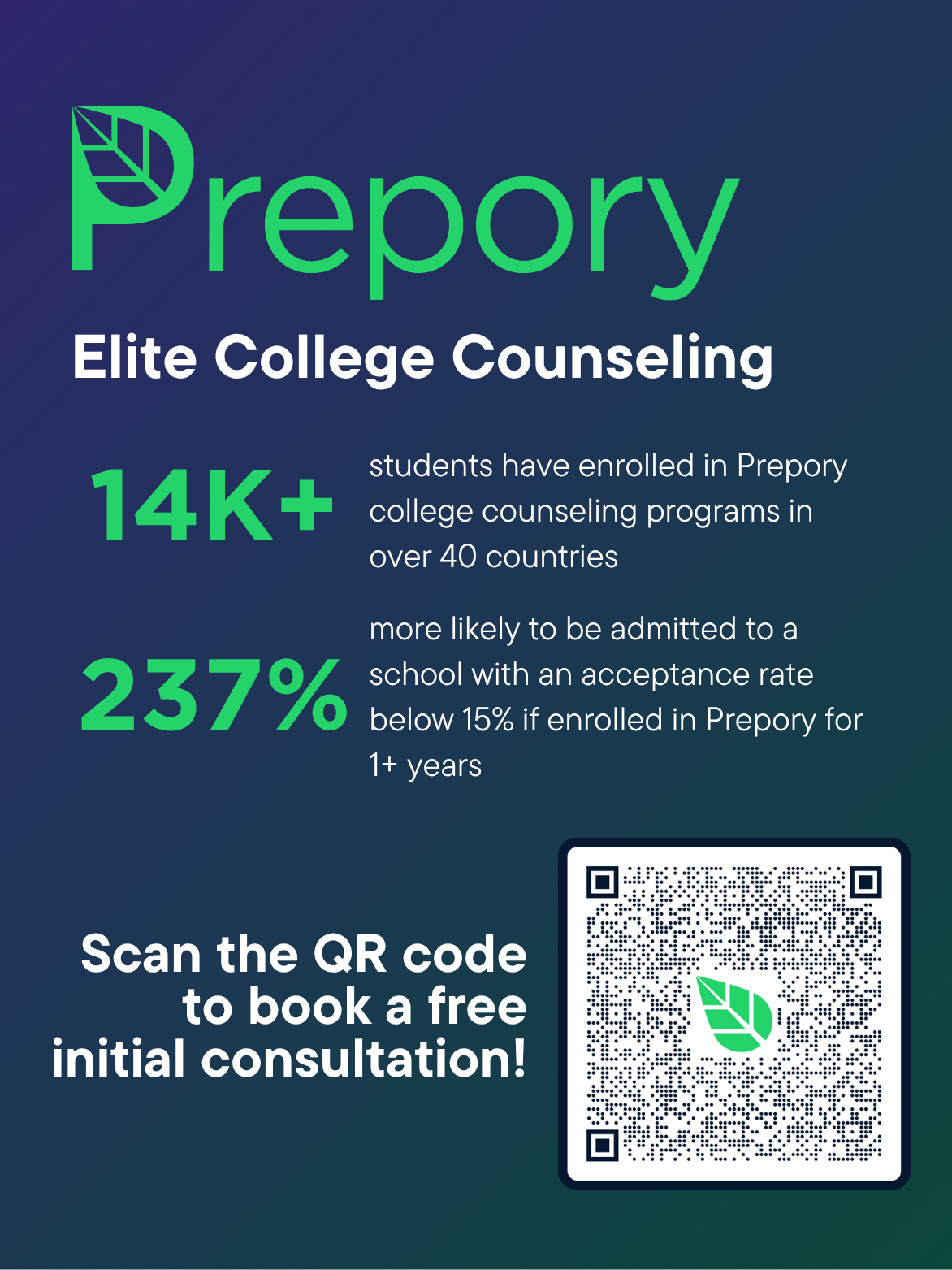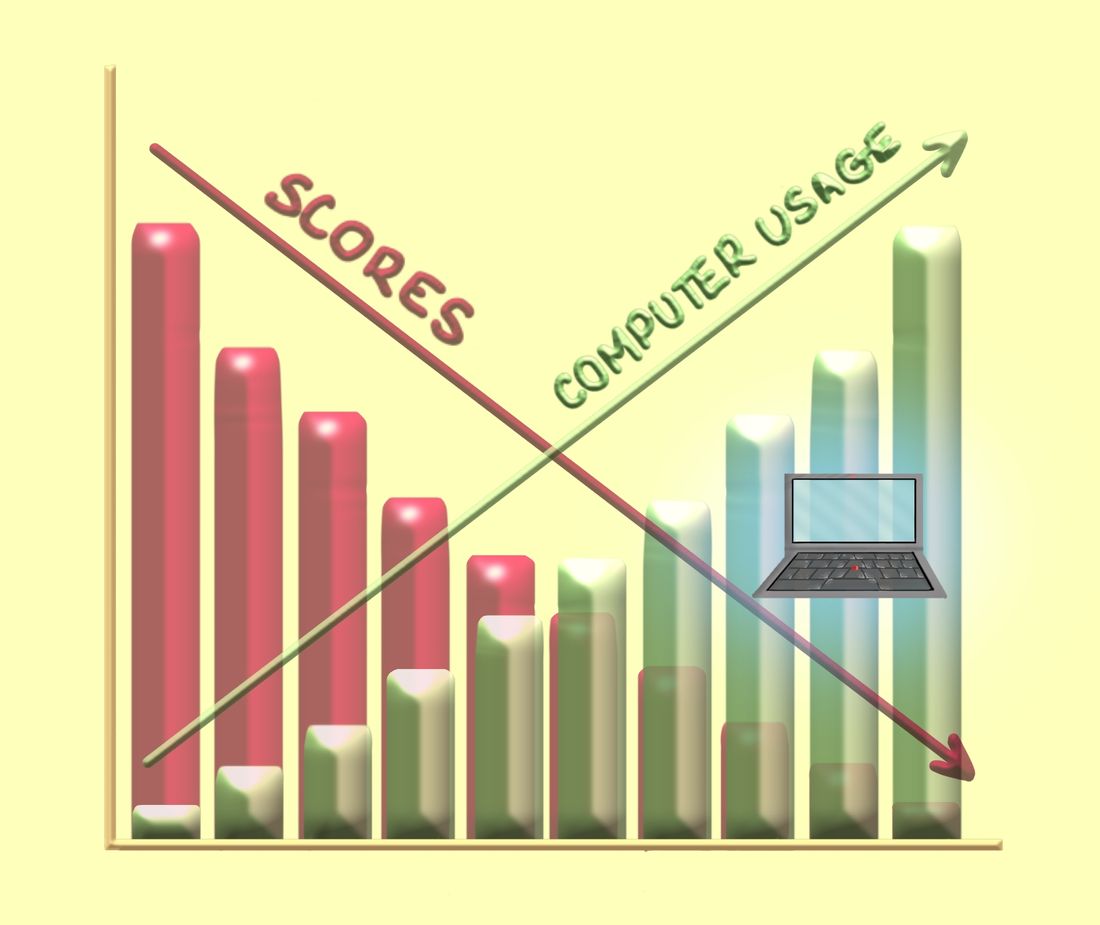Science
The Science Behind Hot Chocolate
The chemistry and structure of cocoa create a smooth and rich flavor, making hot chocolate the perfect cozy treat after a long school day.
Tiny Carbon Balls With Big Potential: The Uses of Fullerenes
By Olivia Liu
Fullerenes demonstrate broad potential– their unique properties allow them to function as important tools in antiviral treatment, cancer therapy, medical imaging, and sports equipment.
Remembering Jane Goodall
Remembering the discoveries and legacy of renowned primatologist, ethologist, and anthropologist Dr. Jane Goodall.
Overwhelming Medical Schools and Healthcare Costs
The costs of both medical schools and healthcare service pose a concerning burden among students and patients respectively, which upon certain perspectives, seems unreasonable.
Title: Holding Back the Tides: How Lower Manhattan is Handling Flood Resilience
By Angelina Lu
Battery Park City’s new coastal resiliency plan serves as a model for flood barrier engineering in urban environments.
Science and Politics: STEM Innovation Under Trump
The Trump administration’s second term has taken a sharper turn in shaping U.S. research priorities, as of September 2025, partly polarizing and politicizing scientific knowledge. From policy directives promising a “gold standard for science” to sweeping funding cuts and technological initiatives, the administration’s decisions are redefining the landscape of American innovation.
Glow-in-The-Dark Plants? Bloom-inescence!
Recent developments have advanced the ongoing research into fabricating bioluminescence in non-glowing organisms, and multiple companies have created viable glow-in-the-dark plant products.
The Science of Optical Illusions
By Emma Musyuk
Our brains are sometimes unable to process what we see as true, resulting in the optical illusions we know and love.
Who Needs GPS When You Have Pigeons?
By Andrew Zhang
Pigeons have been navigating the world for thousands of years, using a variety of complex cues and mechanisms to guide them home.
Cramming: Quick Fix or Cognitive Disaster?
By Andrew Zhang
While cramming is a study method employed by students around the world, it can severely affect performance, memory, and mental and physical health.
Scorching Summer 2025: How Record Heat Threatens Our Health
By Daniel Li
The heat for Summer 2025 is projected to be one of the highest recorded heats, driven by factors like greenhouse gases and stalled high-pressure systems, poses significant health and infrastructural threats, necessitating both large-scale mitigation strategies and individual preparedness.
Orange Cats Came Before the Color Orange?
By Tashfia Diha
A number of factors have allowed orange cats to have reproductive success, including their orange fur—the mystery behind their orange fur genetics was recently discovered.
Leaving the Memories … Or Not: What is the Psychology Behind Nostalgia?
By John Nan
Nostalgia is the emotion felt when one yearns for a memory or an experience, and multivariate pattern analysis can help us better understand the psychology behind it.
Urban Injustice: Robert Moses and Climate Inequity in NYC
By Angelina Lu
Robert Moses’s urban planning legacy of environmental injustice disproportionately affects communities of color and complicates New York City’s environmental efforts.
The Science Behind Spring: Why We Feel Happier When the Weather Warms Up
By Faiza Rumman
The arrival of warmer seasons such as spring has a noticeable impact on our mental health by changing our body’s biological processes and functioning, giving individuals a breath of fresh air after emotional slumps during colder, gloomier seasons such as winter.
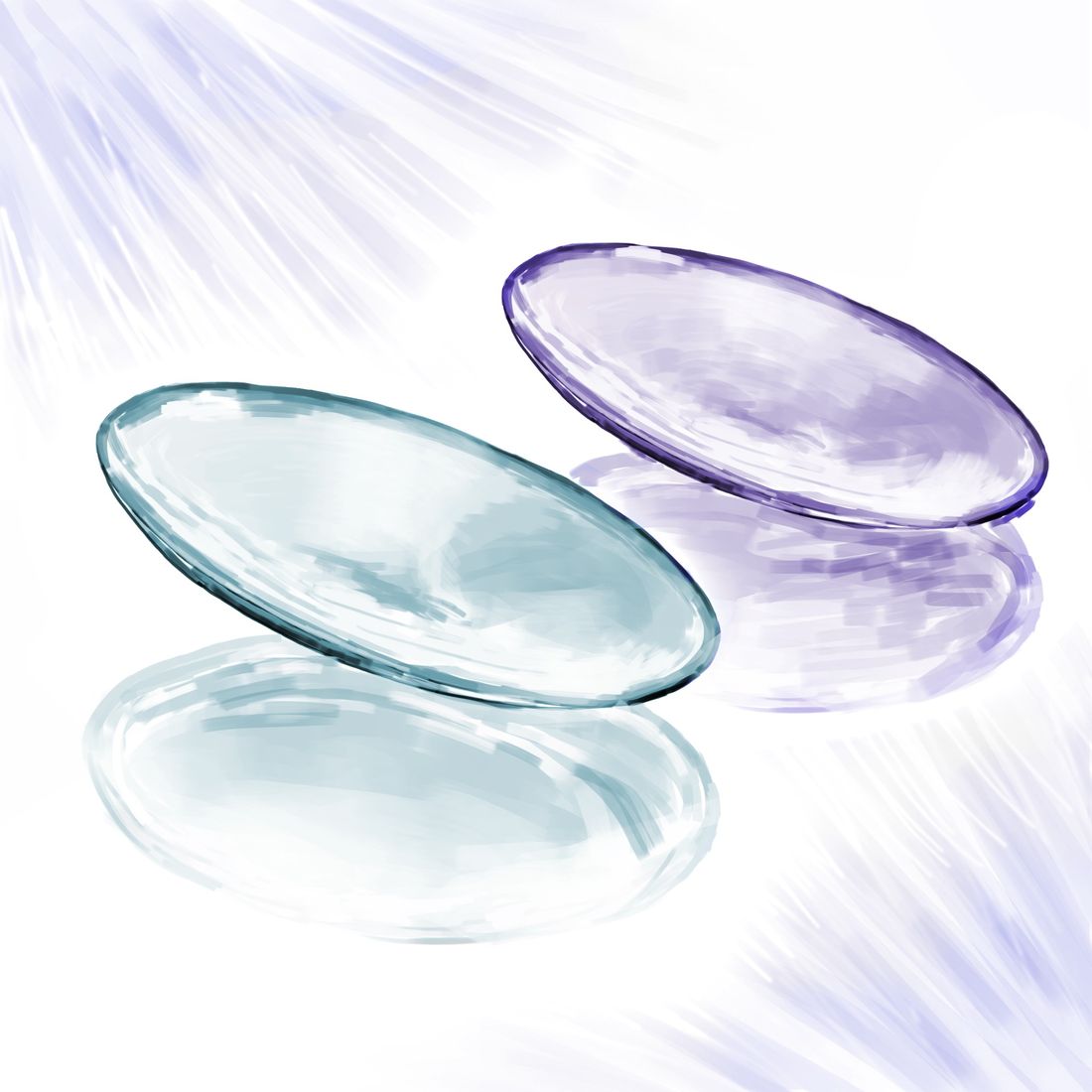
Reshaping Vision at Night
By Sophy Lin
Orthokeratology involves wearing custom-fitted and specialized contact lenses to temporarily resolve vision issues by modifying the shape of imperfections on the eye’s surface layer.
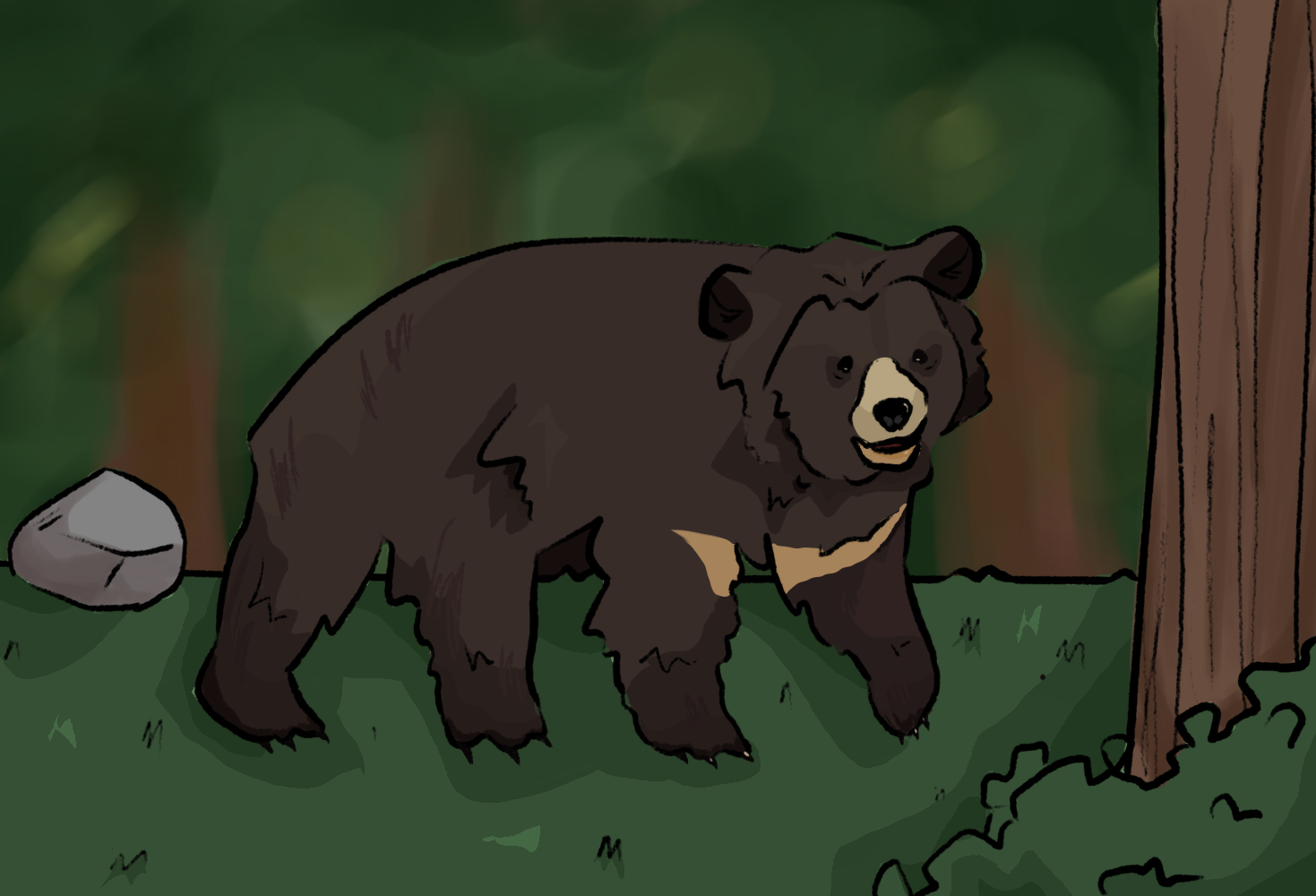
Humans: The Bears’ Next Meal?
Due to food scarcity, bears in Japan have started to turn to humans for their next meal, and if this issue is not properly recognized and emphasized, behavioral changes and ecosystem disturbances may become a habitual occurrence.
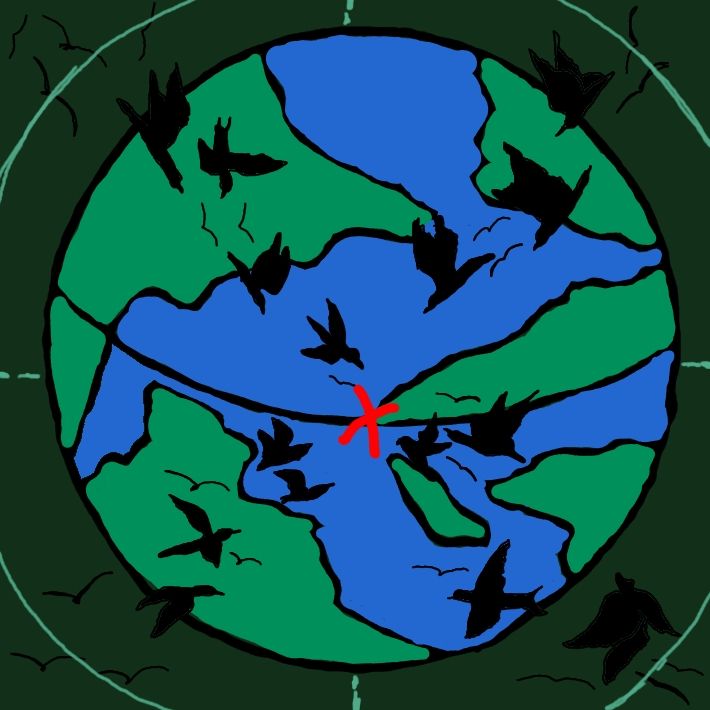
Quantum Biology: How Quantum Mechanics May Help Birds Migrate
By Jessica Yao
The mechanism of magnetoreception is used by birds to migrate during the seasons, revealing a surprising intersection between biology, chemistry, and quantum physics.
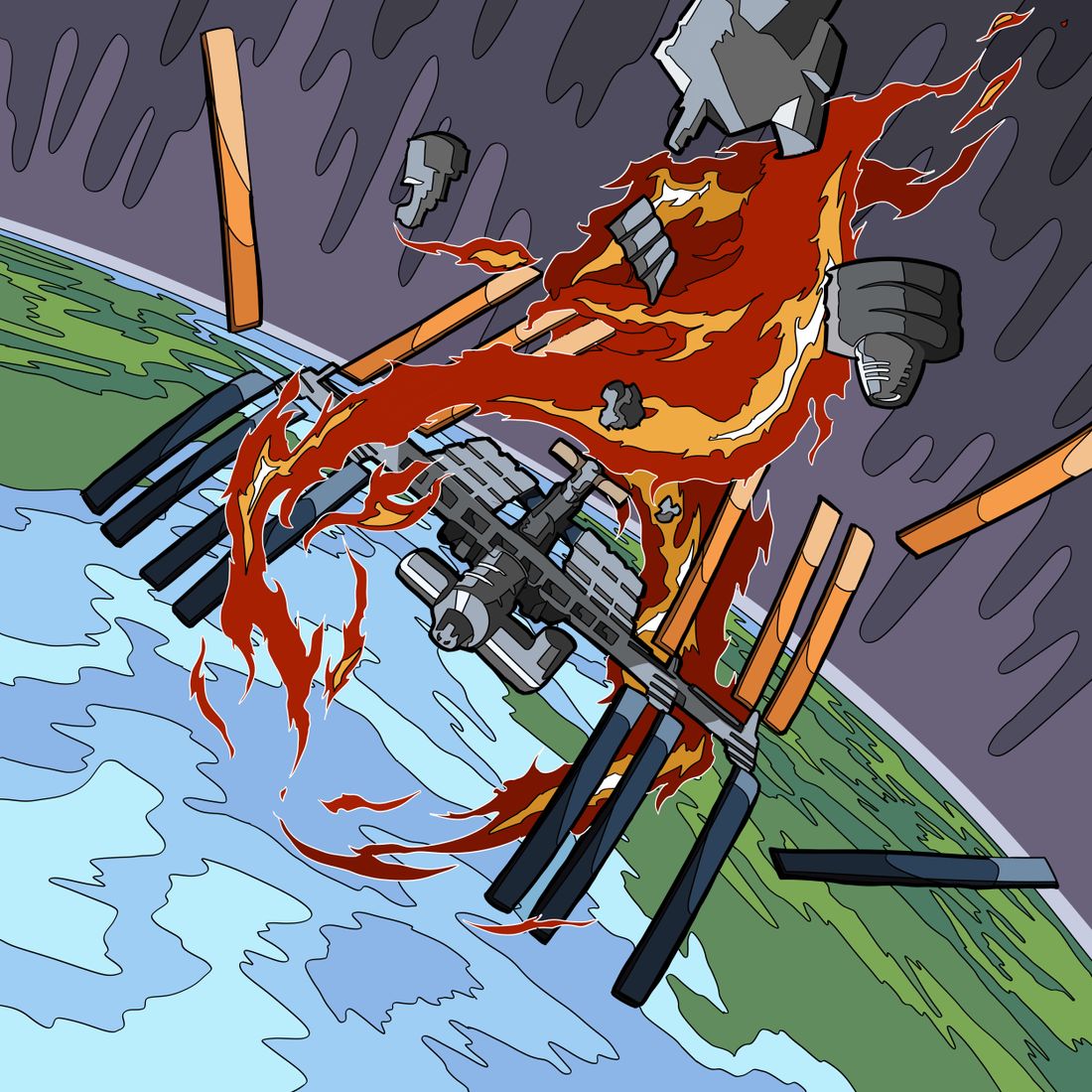
The Final Burn: Decommissioning the International Space Station
By Andrew Zhang
Plagued by structural decay and unsustainable costs, the aging ISS presents an enormous engineering challenge to scientists and engineers aiming to safely deorbit the station.
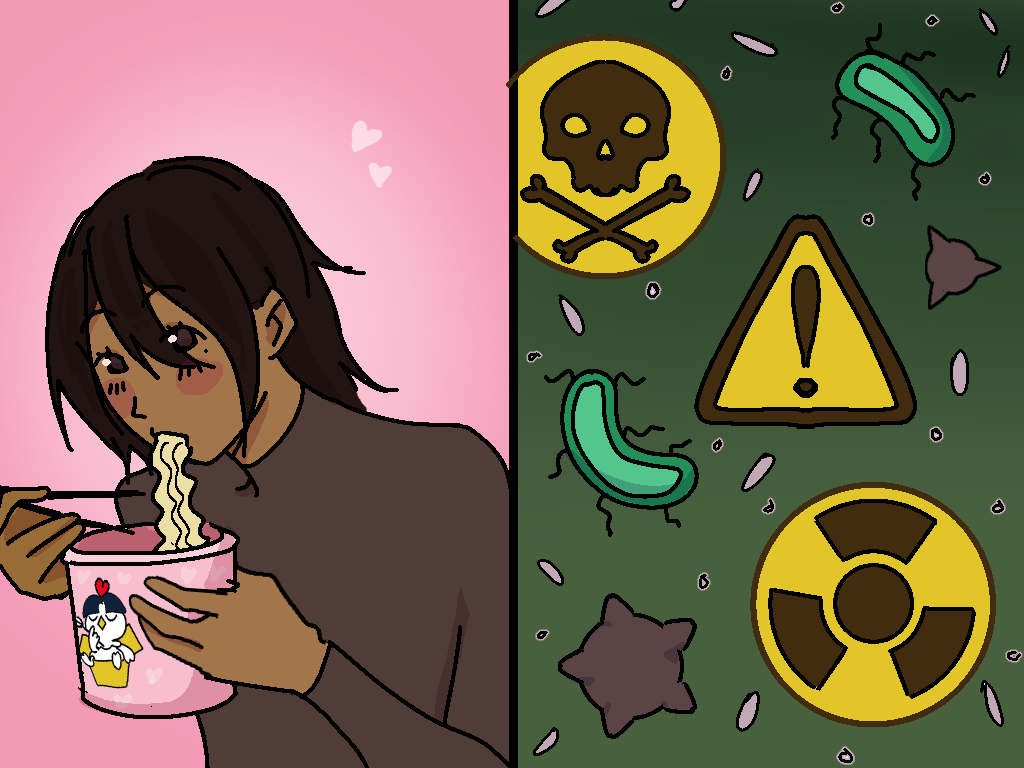
The Truth Behind Popular Ramen Companies: Cancer-Related Carcinogens
Recent studies and safety reports suggest that some of the most popular instant ramen brands may contain additives and contaminants that could harm the human body and lead to several diseases.

The Art of a Colorful Night
By Emma Musyuk
While the polar lights may appear as ribbons of various hues and colors in the night sky, the science behind them is just as fascinating as is their beauty.
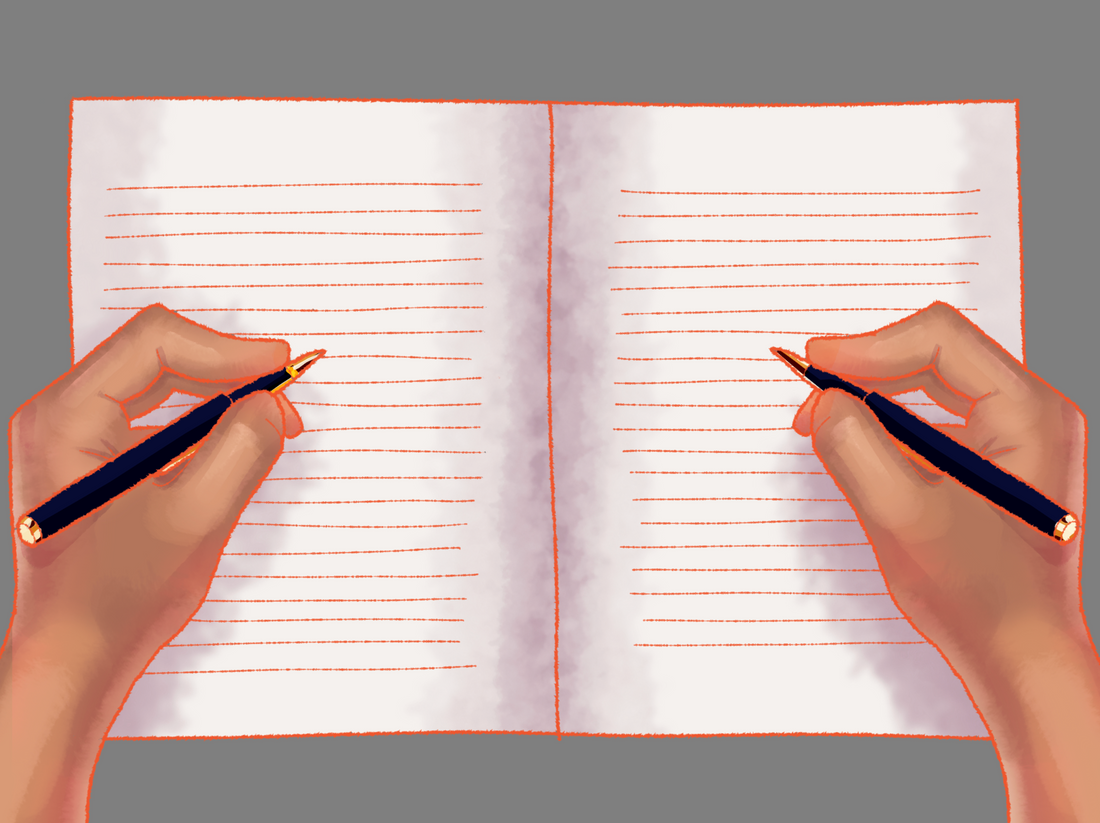
Ambidexterity: Rare Skill or Learned Trait?
Ambidexterity, the trait of having no dominant hand, has lasting effects on neurological distribution—yet this ability can be learned, to an extent.

Medical Patents: Why Prescription Medications Cost So Much
By Olivia Liu
Medical patents often give companies large market domination over products, especially when loopholes allow patents to survive longer than intended.
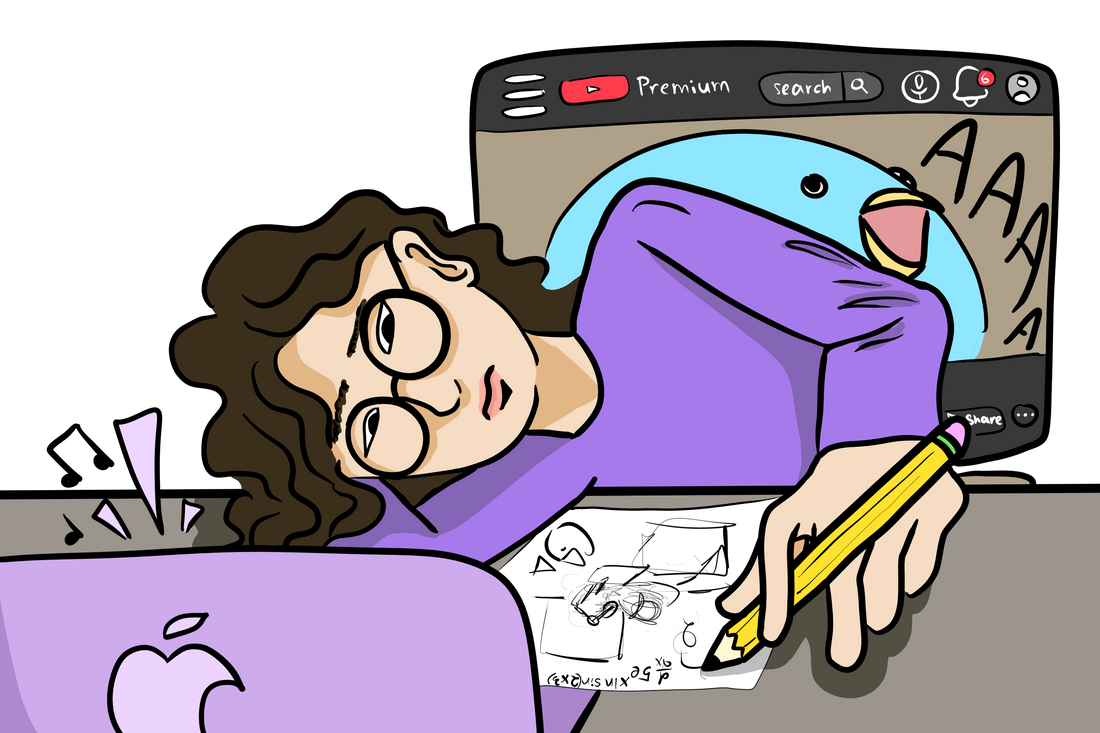
One at a Time!
As digitalization continues to be prevalent in modern times, multitasking has become a norm for many in everyday life, but its human practicality is not possible.
The Universe Is Expanding Faster Than Your GPA Is Dropping (For Now)
By Narnia Poddar, Tashfia Diha
The rate of the expansion of the universe, explained by dark energy, has been accelerating, but new findings suggest that this acceleration might be slowing down.
The Power in Every Step: How Sidewalks Can Generate Electricity
Piezoelectricity can help turn steps into energy, providing an alternate and more sustainable energy source.
The Human Body and Mind After Space Travel
By Sophie Zhao
Astronauts Suni Williams and Butch Wilmore are finally back on Earth after being stranded in space for nine months. Their prolonged time in space significantly impacted their health.
The Secrets Behind Apple’s Success
Apple has maintained its grip on the smartphone market by leveraging its ecosystem and marketing prowess.
Tylenol: Fever Fixer or Cause of Autism?
By Ryan Yang
While Trump’s comments have reignited public fears, researchers stress that the evidence linking Tylenol and autism remains uncertain.
The Colonial Footprint
By Angelina Lu
European colonization of the Americas impacted the environment through disease-driven reforestation, pollution from extractive industries, and destructive land usage.
The Winter Blues: Coping with Seasonal Depression
Seasonal affective disorder (SAD) is a type of depression that occurs at specific times of the year, most commonly during the fall and winter months. It impacts mood, energy, sleep, and appetite, often going unrecognized among young adults and students adjusting to seasonal changes.
Growing Beyond Earth: How Plants Thrive in Space
Scientists are finding ways to grow plants in space to help further research, provide better nutrition for astronauts, and find ways to strengthen crops on earth.
Lasers and Peacocks
By Sophie Zhao
Peacock tails contain microstructures capable of producing laser light.
Why Do Medication Names Often Sound Gibberish?
Prescription and medication drugs we hear and see are often labeled with complicated names: what’s the science behind it?
BusyBees Can Keep Us From Coughing
Honeybees produce honey, which is acclaimed for its rich diversity…and its health benefits.
Potato Bags and Agave Straws: Can Producing More Plastic Help End Plastic Pollution?
By Jessica Yao
Bioplastics, materials made from renewable resources, can be an alternative to traditional plastic and offer a solution to plastic pollution.
The Neuroscience Behind a New Era of Test Taking: Paper vs Digital
By John Nan
The differences between paper and digital notes are often stark, especially when factoring in the academic performance associated with typing and handwriting.
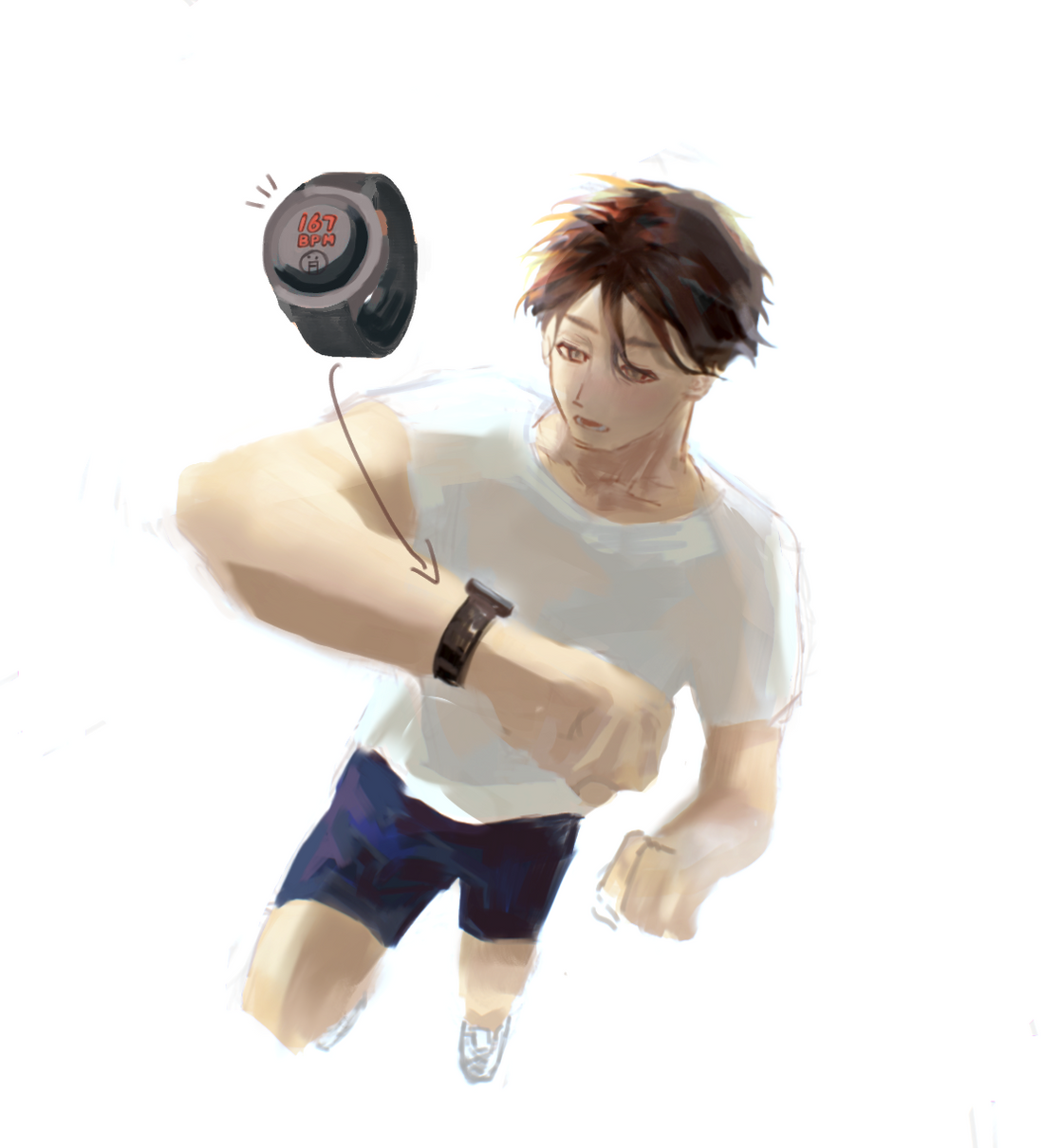
Decoding the Digital Athlete: How Sports Watches Measure Human Performance
By Aiden Chiu
Sports watches have evolved from simple timekeepers to sophisticated devices that track heart rate, sleep, and activity, giving users a detailed understanding of their performance and health.
Who Needs GPS When You Have Pigeons?
By Andrew Zhang
Pigeons have been navigating the world for thousands of years, using a variety of complex cues and mechanisms to guide them home.
Cramming: Quick Fix or Cognitive Disaster?
By Andrew Zhang
While cramming is a study method employed by students around the world, it can severely affect performance, memory, and mental and physical health.
Scorching Summer 2025: How Record Heat Threatens Our Health
By Daniel Li
The heat for Summer 2025 is projected to be one of the highest recorded heats, driven by factors like greenhouse gases and stalled high-pressure systems, poses significant health and infrastructural threats, necessitating both large-scale mitigation strategies and individual preparedness.
Orange Cats Came Before the Color Orange?
By Tashfia Diha
A number of factors have allowed orange cats to have reproductive success, including their orange fur—the mystery behind their orange fur genetics was recently discovered.
Leaving the Memories … Or Not: What is the Psychology Behind Nostalgia?
By John Nan
Nostalgia is the emotion felt when one yearns for a memory or an experience, and multivariate pattern analysis can help us better understand the psychology behind it.
Urban Injustice: Robert Moses and Climate Inequity in NYC
By Angelina Lu
Robert Moses’s urban planning legacy of environmental injustice disproportionately affects communities of color and complicates New York City’s environmental efforts.
The Science Behind Spring: Why We Feel Happier When the Weather Warms Up
By Faiza Rumman
The arrival of warmer seasons such as spring has a noticeable impact on our mental health by changing our body’s biological processes and functioning, giving individuals a breath of fresh air after emotional slumps during colder, gloomier seasons such as winter.
ROYGBIV...O? A Closer Look at the Newly Discovered Color ‘Olo’ and How We Can See It
Using laser technology, scientists have recently created a new color known as Olo to target specific parts of the eye.
The Universe Is Expanding Faster Than Your GPA Is Dropping (For Now)
By Narnia Poddar, Tashfia Diha
The rate of the expansion of the universe, explained by dark energy, has been accelerating, but new findings suggest that this acceleration might be slowing down.
The Power in Every Step: How Sidewalks Can Generate Electricity
Piezoelectricity can help turn steps into energy, providing an alternate and more sustainable energy source.
The Human Body and Mind After Space Travel
By Sophie Zhao
Astronauts Suni Williams and Butch Wilmore are finally back on Earth after being stranded in space for nine months. Their prolonged time in space significantly impacted their health.
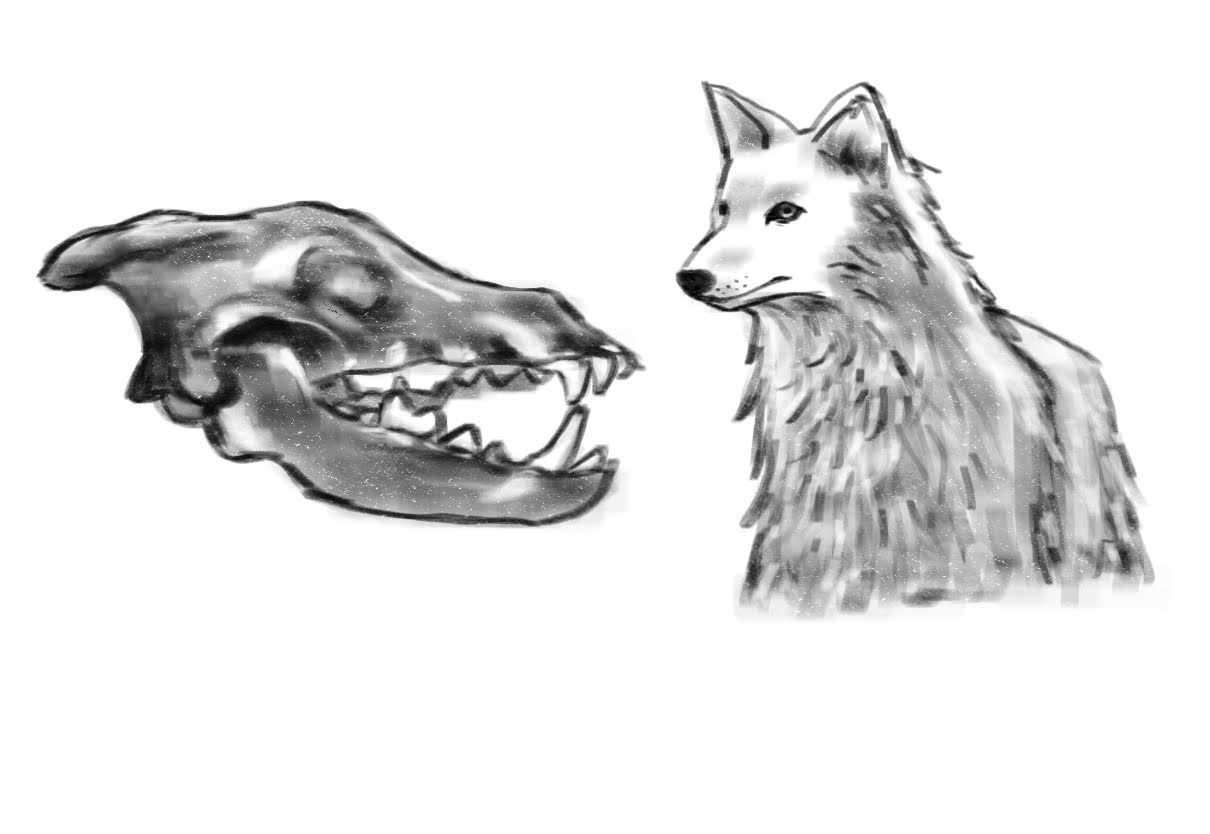
Dire Wolves Return: De-Extinction Becomes Reality
Colossal Biosciences has used advanced gene editing to bring back the extinct dire wolf and subsequently redefined what it means to truly “resurrect”[C: a species. Art/Photo Request: dire wolves, something like this

Reshaping Vision at Night
By Sophy Lin
Orthokeratology involves wearing custom-fitted and specialized contact lenses to temporarily resolve vision issues by modifying the shape of imperfections on the eye’s surface layer.

Humans: The Bears’ Next Meal?
Due to food scarcity, bears in Japan have started to turn to humans for their next meal, and if this issue is not properly recognized and emphasized, behavioral changes and ecosystem disturbances may become a habitual occurrence.

Quantum Biology: How Quantum Mechanics May Help Birds Migrate
By Jessica Yao
The mechanism of magnetoreception is used by birds to migrate during the seasons, revealing a surprising intersection between biology, chemistry, and quantum physics.

The Final Burn: Decommissioning the International Space Station
By Andrew Zhang
Plagued by structural decay and unsustainable costs, the aging ISS presents an enormous engineering challenge to scientists and engineers aiming to safely deorbit the station.
The Science Behind Hot Chocolate
The chemistry and structure of cocoa create a smooth and rich flavor, making hot chocolate the perfect cozy treat after a long school day.
Tiny Carbon Balls With Big Potential: The Uses of Fullerenes
By Olivia Liu
Fullerenes demonstrate broad potential– their unique properties allow them to function as important tools in antiviral treatment, cancer therapy, medical imaging, and sports equipment.

The Truth Behind Popular Ramen Companies: Cancer-Related Carcinogens
Recent studies and safety reports suggest that some of the most popular instant ramen brands may contain additives and contaminants that could harm the human body and lead to several diseases.

The Art of a Colorful Night
By Emma Musyuk
While the polar lights may appear as ribbons of various hues and colors in the night sky, the science behind them is just as fascinating as is their beauty.

Ambidexterity: Rare Skill or Learned Trait?
Ambidexterity, the trait of having no dominant hand, has lasting effects on neurological distribution—yet this ability can be learned, to an extent.

Medical Patents: Why Prescription Medications Cost So Much
By Olivia Liu
Medical patents often give companies large market domination over products, especially when loopholes allow patents to survive longer than intended.

One at a Time!
As digitalization continues to be prevalent in modern times, multitasking has become a norm for many in everyday life, but its human practicality is not possible.

No Place Like Food - The Significance of Comfort Foods
By Andrew Zhang
Comfort foods are deeply tied to emotion and memory, providing temporary relief from stress while carrying both psychological and physical consequences.
Remembering Jane Goodall
Remembering the discoveries and legacy of renowned primatologist, ethologist, and anthropologist Dr. Jane Goodall.
Overwhelming Medical Schools and Healthcare Costs
The costs of both medical schools and healthcare service pose a concerning burden among students and patients respectively, which upon certain perspectives, seems unreasonable.

Waves From the Universe: Scientists Uncover a New Way to Detect Gravitational Waves
By Lorelai Kim
A novel way to locate gravitational waves could allow scientists to uncover new cosmic events.
Title: Holding Back the Tides: How Lower Manhattan is Handling Flood Resilience
By Angelina Lu
Battery Park City’s new coastal resiliency plan serves as a model for flood barrier engineering in urban environments.

The Secrets Behind Apple’s Success
Apple has maintained its grip on the smartphone market by leveraging its ecosystem and marketing prowess.

Tylenol: Fever Fixer or Cause of Autism?
By Ryan Yang
While Trump’s comments have reignited public fears, researchers stress that the evidence linking Tylenol and autism remains uncertain.
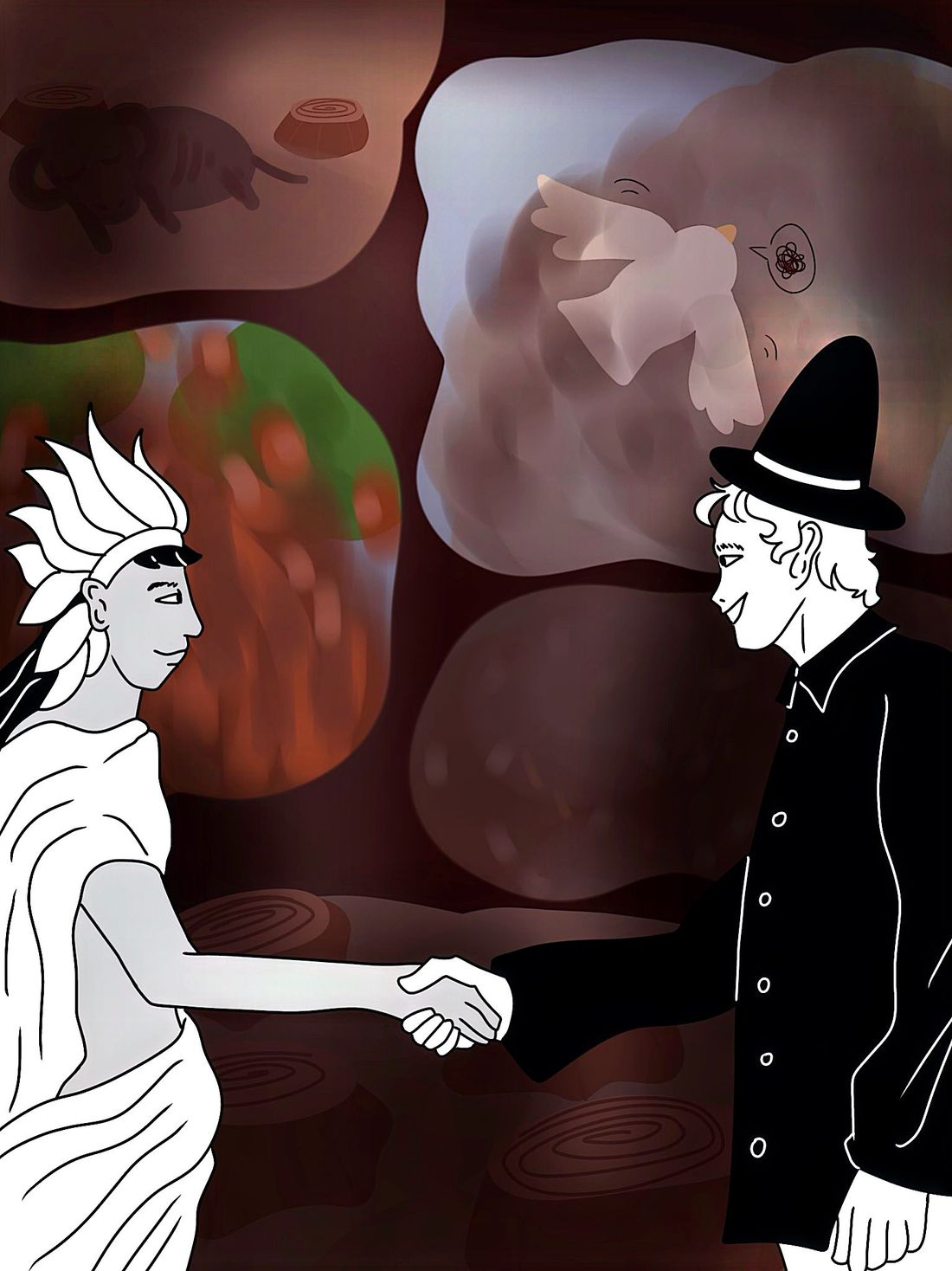
The Colonial Footprint
By Angelina Lu
European colonization of the Americas impacted the environment through disease-driven reforestation, pollution from extractive industries, and destructive land usage.
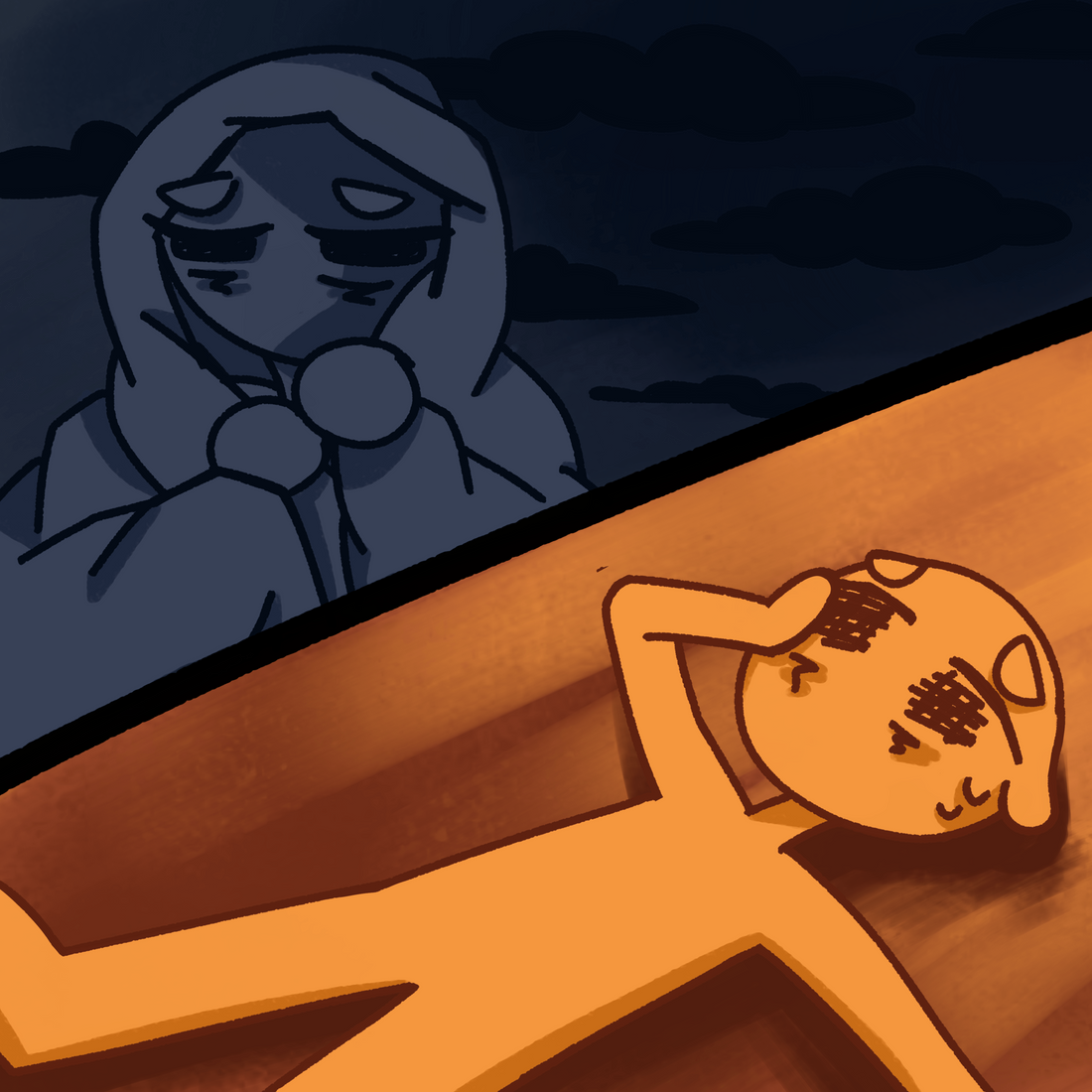
The Winter Blues: Coping with Seasonal Depression
Seasonal affective disorder (SAD) is a type of depression that occurs at specific times of the year, most commonly during the fall and winter months. It impacts mood, energy, sleep, and appetite, often going unrecognized among young adults and students adjusting to seasonal changes.
Science and Politics: STEM Innovation Under Trump
The Trump administration’s second term has taken a sharper turn in shaping U.S. research priorities, as of September 2025, partly polarizing and politicizing scientific knowledge. From policy directives promising a “gold standard for science” to sweeping funding cuts and technological initiatives, the administration’s decisions are redefining the landscape of American innovation.
Glow-in-The-Dark Plants? Bloom-inescence!
Recent developments have advanced the ongoing research into fabricating bioluminescence in non-glowing organisms, and multiple companies have created viable glow-in-the-dark plant products.
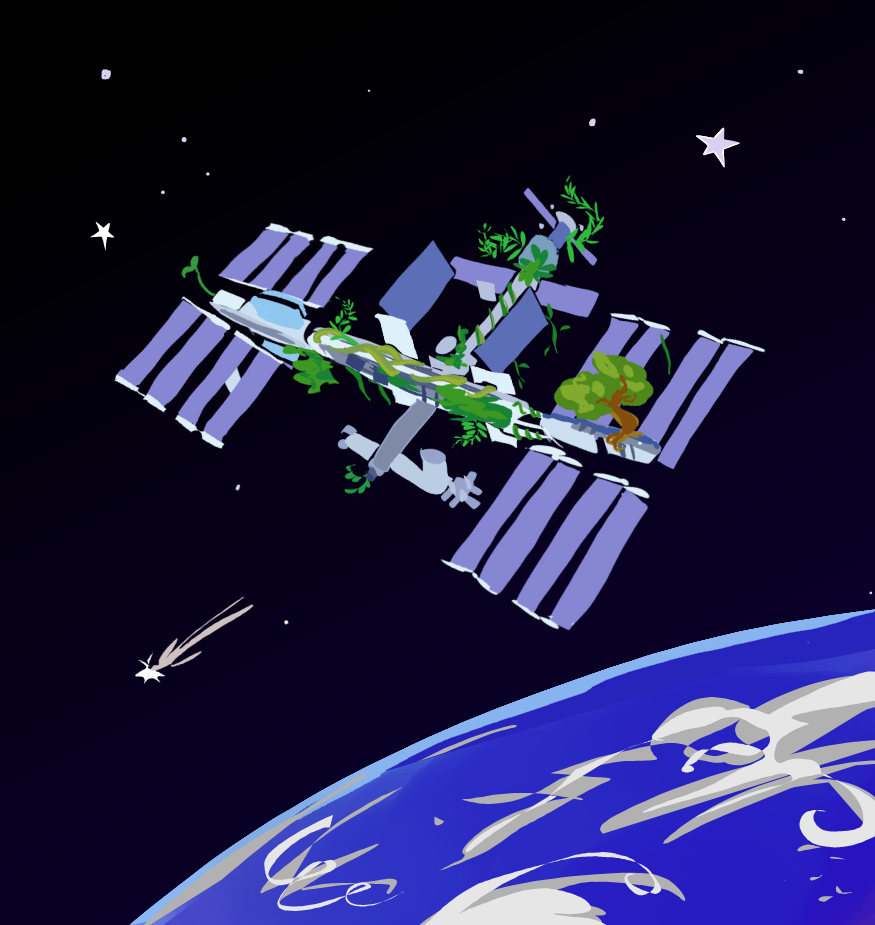
Growing Beyond Earth: How Plants Thrive in Space
Scientists are finding ways to grow plants in space to help further research, provide better nutrition for astronauts, and find ways to strengthen crops on earth.
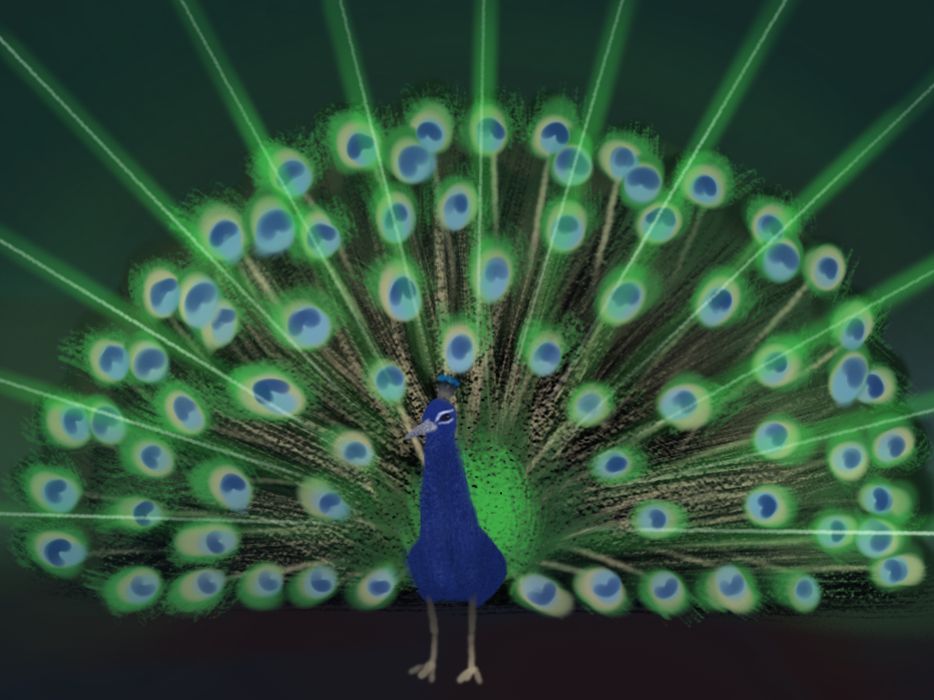
Lasers and Peacocks
By Sophie Zhao
Peacock tails contain microstructures capable of producing laser light.

Why Do Medication Names Often Sound Gibberish?
Prescription and medication drugs we hear and see are often labeled with complicated names: what’s the science behind it?
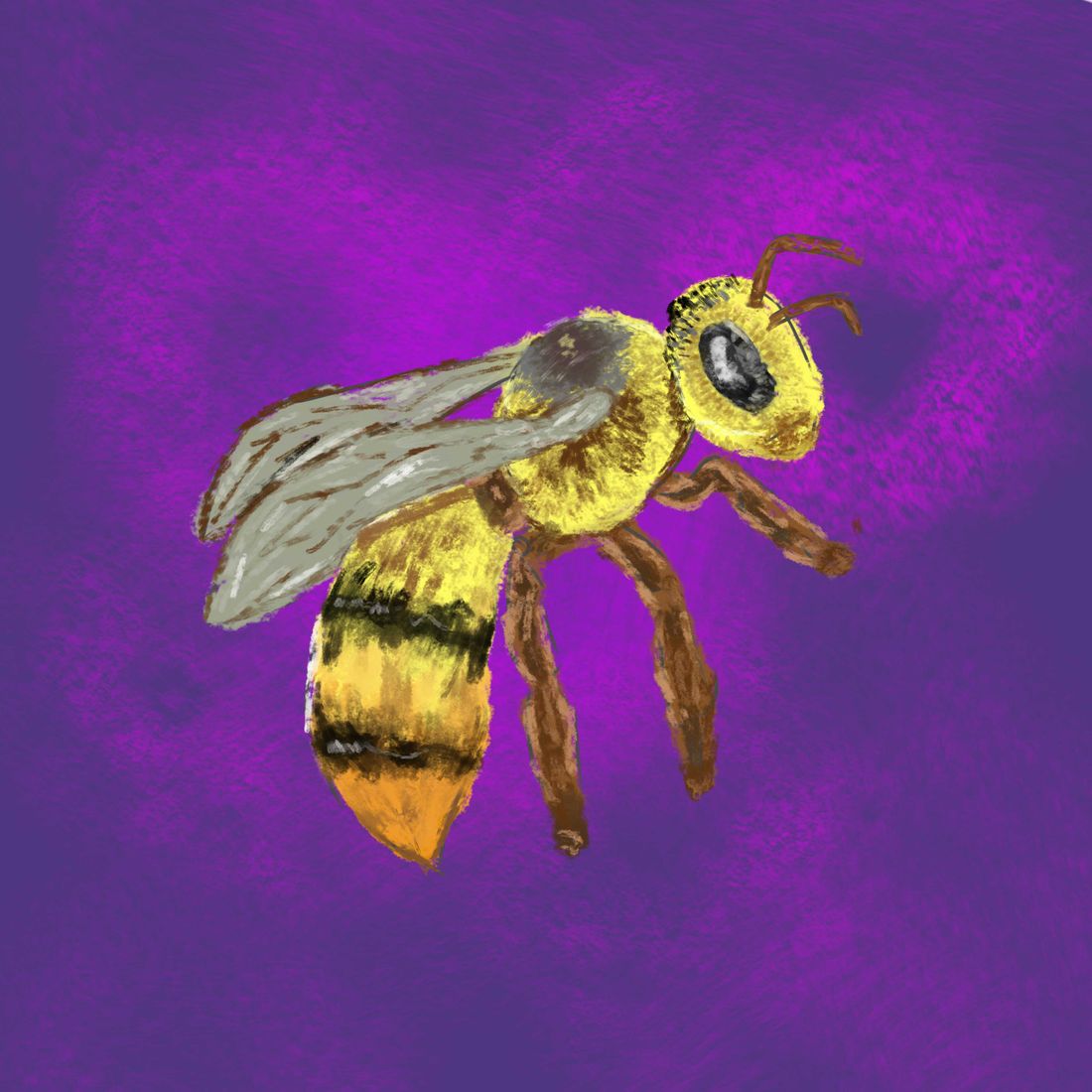
BusyBees Can Keep Us From Coughing
Honeybees produce honey, which is acclaimed for its rich diversity…and its health benefits.
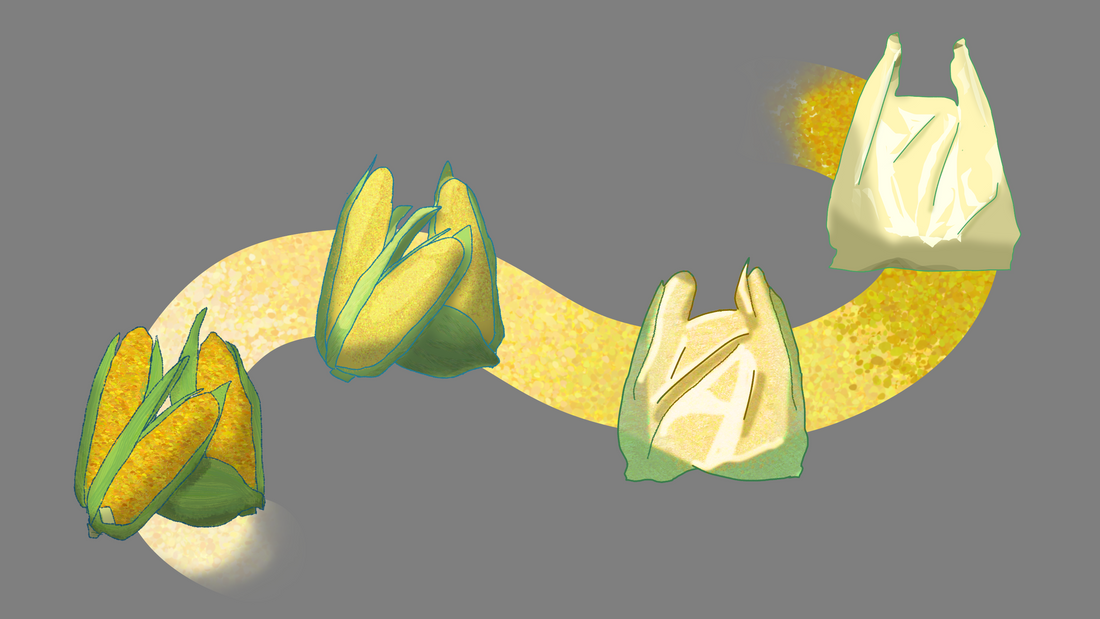
Potato Bags and Agave Straws: Can Producing More Plastic Help End Plastic Pollution?
By Jessica Yao
Bioplastics, materials made from renewable resources, can be an alternative to traditional plastic and offer a solution to plastic pollution.


